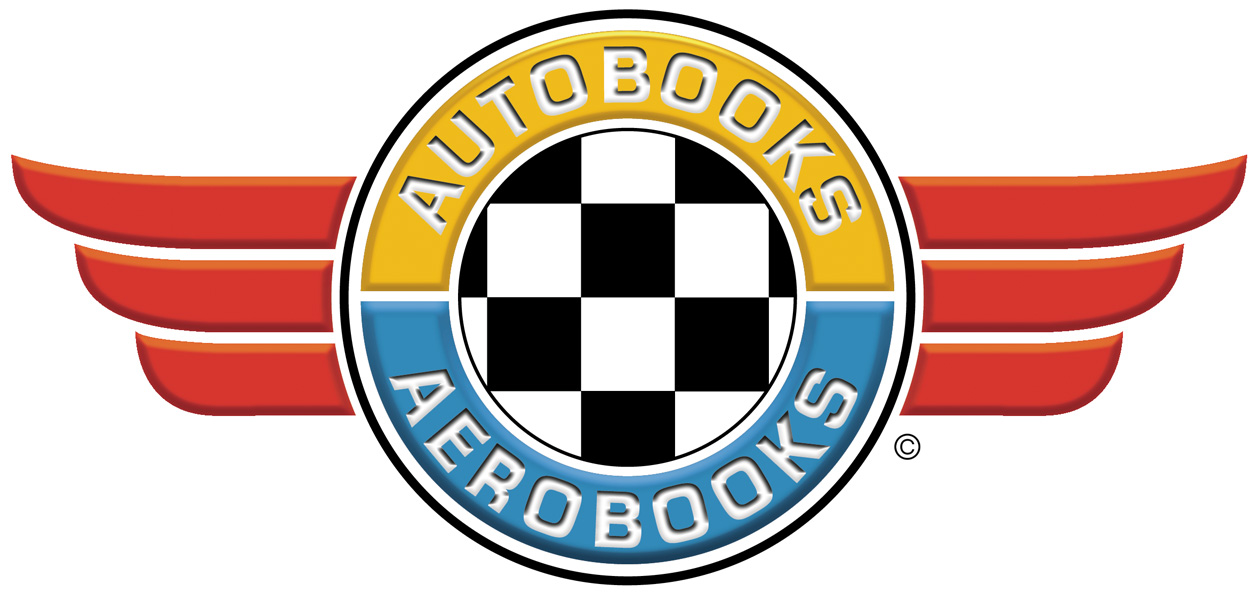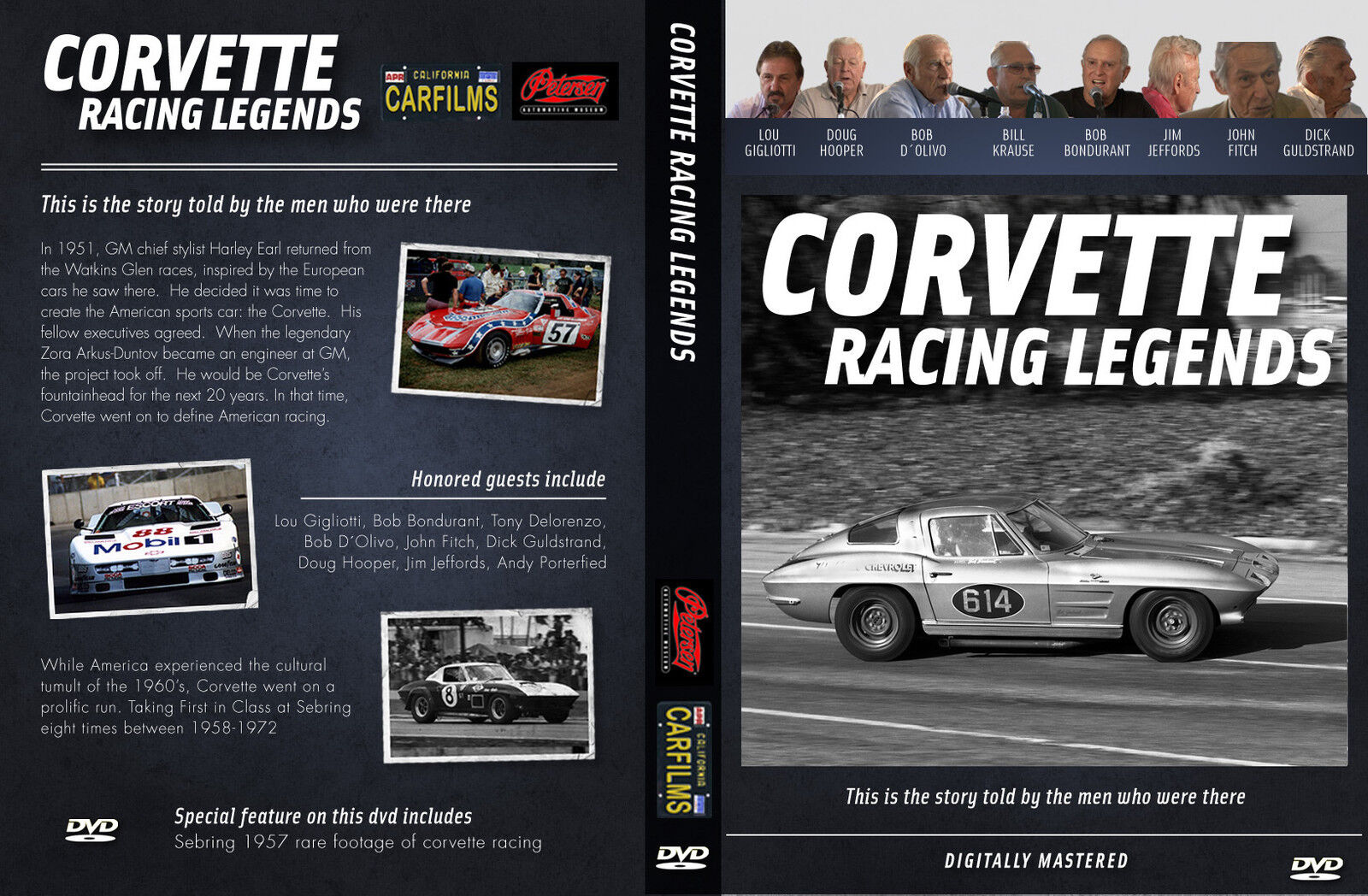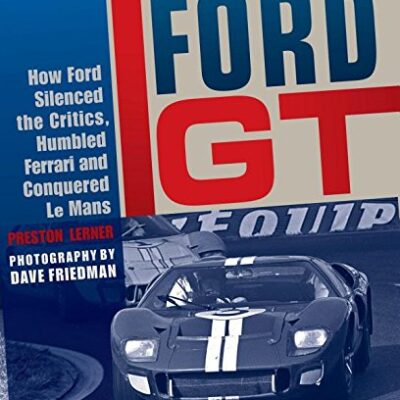Description
Hosted by Tim Considine at the Petersen museum
In 1951, GM chief stylist Harley Earl returned from the Watkins Glen races, inspired by the European cars he saw there. He decided it was time to create the American sports car: the Corvette. His fellow executives agreed. When the legendary Zora Arkus-Duntov became an engineer at GM, the project took off. He would be Corvette’s fountainhead for the next 20 years. In that time, Corvette went on to define American racing.
Just three years after the prototype was approved, driver John Fitch set a production-car record of 145 mph at Daytona Speed Week. That same month, Zora Arkus-Duntov set a record-breaking average of 150.583 mph at Daytona Beach. This was in 1956! But Earl and Duntov knew that a true American sports car required an ideal combination of world-blurring speed and unyielding stamina. Starting with a First in Class finish at the 1956 Grand Prix of Endurance in Sebring and an SCCA National Title at the Seattle Seafair, Corvette entered racing lore.
While America experienced the cultural tumult of the 1960’s, Corvette went on a prolific run. Taking First in Class at Sebring eight times between 1958-1972, they also won the same honors in ’62, ’66, ’68, ’70, and ’72 at the Prestigious Daytona Continental. Additionally, Corvette debuted at, and won, the 1962 Invitational Grand Prix in Riverside. The next year Corvette was the overall winner of the 1963 Watkins Glen International.
The Corvette engineered other impressive feats, such as reaching 183 mph on the GM Proving Grounds—in 1958! The 1963 Watkins Glen championship was won by a Grand Sport Corvette just one year after the model’s initial production. And in 1979, at Bonneville Speed Week, a 1968 Corvette set a GT record of 210.762 mph—making it the fastest carbureted car in the world.
Over the years, Corvettes have been piloted by a host of ace drivers. In 1959, Jim Jeffords and his “Purple People Eater MK III” shredded all comers and won the SCCA championship. And most notable of all has to be Roger Penske, who was the wheelman primarily responsible for the team’s ‘60s dynasty. But it was Briggs Cunningham who may have had the most important impact because, in 1960, he was the first driver to enter his Corvettes into the ultimate challenge of auto-racing: the 24 Hours of Le Mans.
Cunningham’s respectable 5th in the GT category and 8th overall laid the groundwork for Corvette’s future success– successes that include Dick Guldstrand’s then-record speed of 171.5 mph on the Mulsanne straight in 1967. Those triumphs continue to this day. Corvettes won the GT class at Le Mans in 2001, ’02, ’04, ’05 and ’06. Which brings Corvette’s story full-circle. Inspired by the powerful European marks as seen at an American race in the ‘50s, the team accepted the challenge of creating an American supercar to compete with those monsters, and a half-century later they have their golden child, which they win with—in the heart of Europe itself—on the world’s largest international stage.
Earl and Arkus-Dontov would be proud.





